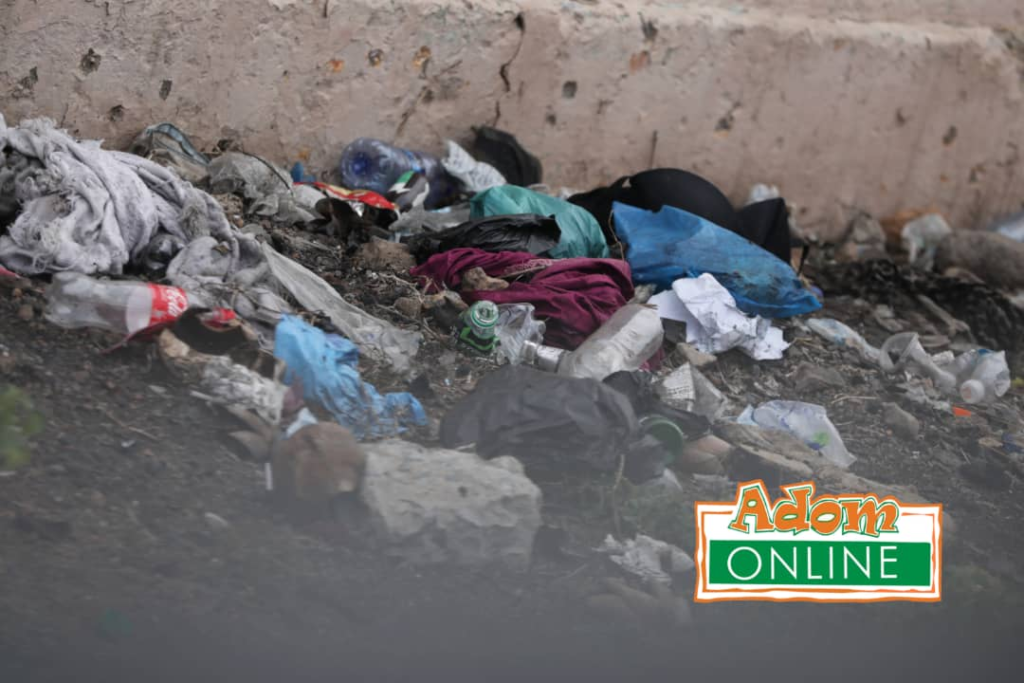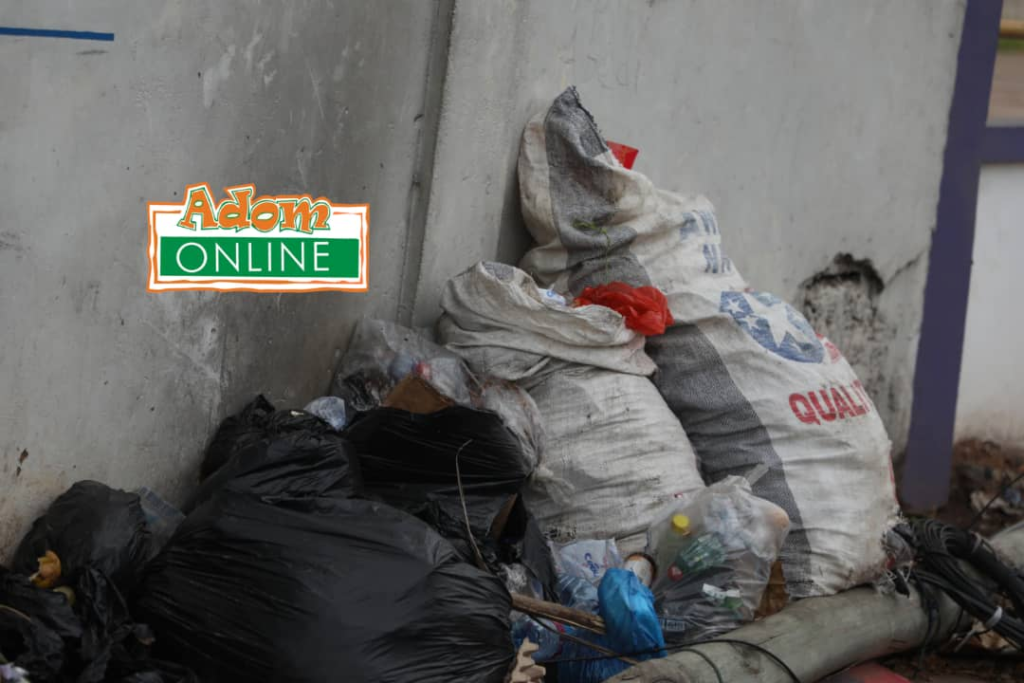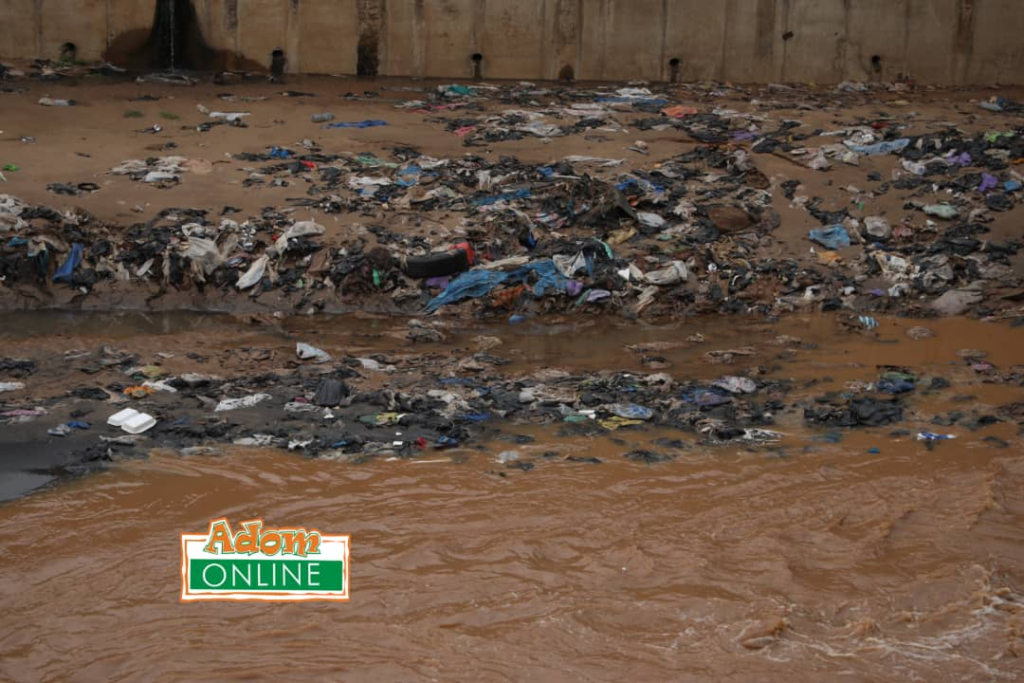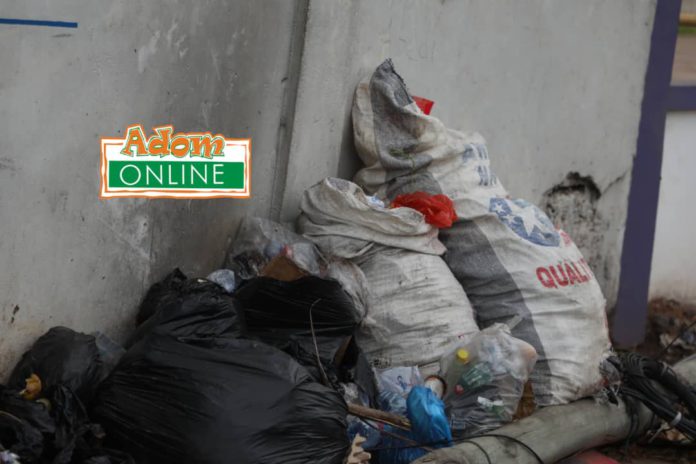“By the end of the four years of my term in office as President, Accra will be the cleanest city in Africa.”
These were the words of President Akufo-Addo as he delivered his speech during his swearing-in ceremony on January 7, 2017.
For many years, the city of Accra has been infamous for its filth. Streets, markets and drains are adorned with filth. The bad sanitation in the city is a major contributor to perennial flooding that costs many their lives.

This promise therefore resonated with the public and gave many people hope that it was the right signal to citizens to keep their environment clean. To further show commitment and promote the agenda, a National Sanitation campaign and laid out a plan to attain the promise was launched.
Seven years down the line, the pledge is yet to see the light of day.
On a visit to part of Accra, Adomonline.com’s Joseph Odotei observed that, nothing has changed concerning sanitation issues under the incumbent government.

Gutters are still choked with refuse being dumped in the wrong places, despite promises that dustbins will be placed at vantage points.
Prime areas and iconic landmarks in Ghana’s capital are now engulfed with filth as they serve as dumping sites.

The development has left Ghanaians questioning whether President Akufo-Addo meant his pledge to make Accra the cleanest city in Africa, or if it was just mere political talk.
This further raises concerns about the launch of the Operation Clean Your Frontage and Let’s Make Accra Work initiative in 2022 which was being spearheaded by Immediate past Greater Accra-regional Minister, Henry Quartey.
The initiative aimed to encourage residents to routinely clean their homes and communities.
Promises were made to ensure that garbage dustbins would be placed at strategic locations to prevent people from littering indiscriminately, and cleanup exercises were planned to mobilize individuals and foster a sense of community involvement.
But today, it appears like there is a struggle to sustain momentum. People litter indiscriminately. There appears to be insufficient infrastructure to facilitate effective garbage management. There are insufficient trash collection and disposal systems.
This many believed would have somehow ensured the continuity of the National Sanitation Day under the previous administration, which was observed every first Saturday of the month.

